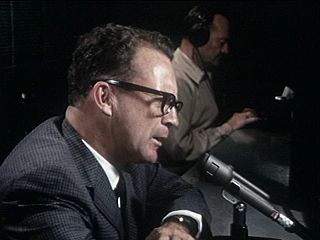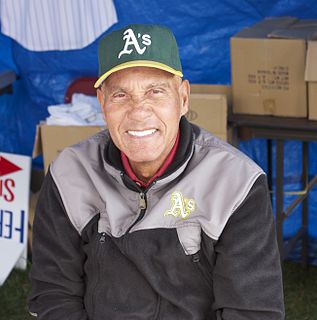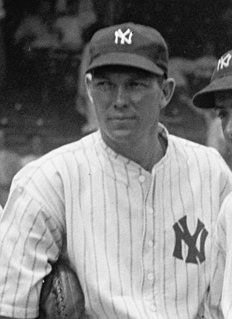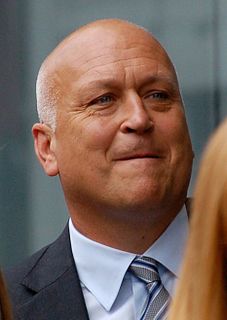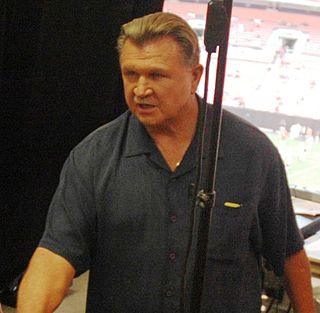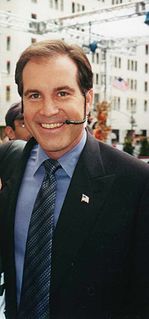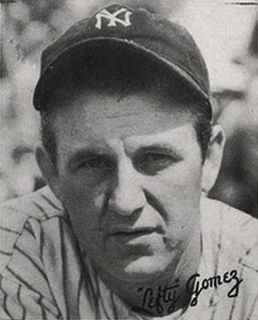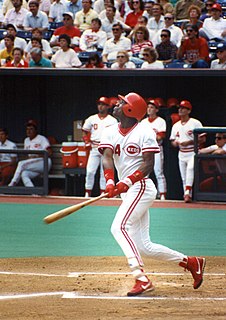A Quote by David A. Adler
For my books of nonfiction I write about subjects I find fascinating. I've been a Yankees and a Lou Gehrig fan for decades, so I wrote 'Lou Gehrig: The Luckiest Man.' It's more the story of his great courage than of his baseball playing. Children face all sorts of challenges, and it's my hope that some will be inspired by the courage of Lou Gehrig.
Related Quotes
He remembered his mentor, Lou Kline, telling him in the nineties that rock and roll had peaked at Monterey Pop. They'd been in Lou's house in LA with its waterfalls, the pretty girls Lou always had, his car collection out front, and Bennie had looked into his idol's famous face and thought, You're finished. Nostalgia was the end - everyone knew that.


